The human resources (HR) landscape is evolving rapidly, and AI (artificial intelligence) is at the forefront of this transformation. By automating repetitive tasks, improving candidate selection processes, and enhancing employee engagement strategies, AI software is revolutionising how HR teams operate. In 2024-2025, AI will continue to be a game-changer for HR professionals, helping them streamline processes, make data-driven decisions, and ultimately create a more productive and satisfied workforce.
This article delves into the key benefits of AI for HR, the top AI tools that are helping HR teams thrive, and the future trends shaping this dynamic field.
The Growing Role of AI in HR
As businesses become increasingly digital, HR teams are turning to AI tools to manage various tasks more efficiently. From recruitment to performance management, AI is enhancing every aspect of HR operations, allowing HR professionals to focus on higher-level strategy and employee wellbeing. Understand why businesses should invest in AI.
Key Benefits of AI for HR Teams:
- Time Efficiency: AI automates time-consuming tasks such as screening resumes, scheduling interviews, and answering employee queries, freeing up HR professionals for more strategic responsibilities.
- Improved Decision-Making: With access to advanced data analytics, HR professionals can make better-informed decisions regarding hiring, training, and employee engagement.
- Bias Reduction: AI can minimise unconscious bias in the hiring process, promoting a more diverse and inclusive workplace.
- Enhanced Employee Experience: AI-driven tools help HR teams personalise employee engagement initiatives, leading to increased satisfaction and retention.
AI Software for Recruitment and Talent Acquisition
One of the most significant areas where AI is making an impact in HR is recruitment and talent acquisition. Finding the right candidates is a challenge for any HR team, but AI is simplifying this process through automation, predictive analytics, and machine learning.
1. Automated Resume Screening
AI-powered software can screen thousands of CVs in a fraction of the time it would take a human recruiter. Tools like HireVue and Pymetrics use AI to scan resumes for specific keywords, qualifications, and experiences, ensuring that only the most suitable candidates are shortlisted. This reduces manual effort and speeds up the hiring process.
2. Predictive Analytics for Hiring
AI is also being used to predict the likelihood of a candidate’s success in a role. Platforms like PredictiveHire analyse historical data to determine which candidates are most likely to excel based on their skills, qualifications, and behavioural assessments. This data-driven approach results in better hiring decisions and higher retention rates.
3. AI-Powered Chatbots for Initial Interviews
AI chatbots like Mya conduct initial interviews, asking candidates standard questions and providing instant feedback to the HR team. These chatbots are programmed to engage with candidates, gather necessary information, and assess suitability before handing them over to a human recruiter. This not only speeds up the recruitment process but also ensures a consistent and unbiased approach to candidate evaluation.
Enhancing Employee Onboarding with AI
Once a candidate is hired, onboarding is a crucial step that can impact employee satisfaction and long-term retention. AI-driven tools help make onboarding smoother, more engaging, and personalised.
1. Personalised Onboarding Programmes
AI can tailor onboarding experiences based on the new hire’s role, skills, and previous experience. Tools like Talmundo use AI to create customised onboarding plans, ensuring that employees receive the training and support they need from day one. This results in faster integration into the company and higher engagement levels.
2. Automated Workflow Integration
AI can automate workflows, allowing new employees to get set up quickly with the necessary tools, software, and training materials. From sending out automated welcome emails to scheduling training sessions, AI ensures that all onboarding tasks are completed on time and in the right order.
AI for Performance Management
Managing employee performance is another area where AI is proving invaluable. By offering real-time insights and predictive analytics, AI helps HR teams monitor performance, identify potential issues, and offer personalised development plans.
1. Continuous Performance Tracking
AI platforms like Workday enable continuous performance tracking by gathering data on employee productivity, engagement, and feedback. This allows HR teams to get a real-time view of how employees are performing and address any issues before they escalate. Continuous feedback is more effective than traditional annual reviews, leading to improved employee satisfaction and productivity.
2. Identifying Skills Gaps
AI software can identify skills gaps within the workforce, allowing HR teams to offer targeted training and development opportunities. For example, Eightfold AI uses AI to assess employee skills and match them with training programmes that align with both individual career goals and organisational needs.
3. Predictive Analytics for Employee Retention
AI tools like Gloat provide predictive analytics to forecast employee turnover, enabling HR teams to take proactive measures to improve retention. By analysing historical employee data, these tools can identify patterns that indicate when an employee may be likely to leave, giving HR teams the opportunity to intervene and address any concerns.
AI-Driven Employee Engagement and Wellbeing
Employee engagement and wellbeing have become a top priority for HR teams, especially in the era of remote and hybrid work. AI tools can help monitor and improve these critical aspects of workplace culture.
1. Sentiment Analysis for Employee Feedback
AI-powered sentiment analysis tools like CultureAmp and Officevibe analyse employee feedback and engagement surveys to detect patterns and trends. By understanding the overall mood and satisfaction of employees, HR teams can implement targeted interventions to boost morale and address any issues before they become widespread.
2. Virtual Wellbeing Assistants
AI-driven virtual assistants can help HR teams offer personalised support to employees, particularly in the area of mental health and wellbeing. Tools like Ginger provide employees with on-demand access to mental health resources, including virtual therapy sessions and wellbeing exercises. This not only supports employee wellbeing but also reduces absenteeism and burnout.
3. AI for Diversity and Inclusion
AI tools can help HR teams improve diversity and inclusion within the organisation. For instance, Textio uses AI to analyse job descriptions and company communications, ensuring that they are free from biased language and inclusive of all demographics. By promoting diversity, companies can create more innovative, productive, and collaborative work environments.
Future Trends in AI for HR (2024-2025)
As we move into 2024-2025, several key trends will shape the future of AI in HR:
1. Advanced AI for Recruitment
AI is set to play an even more significant role in the recruitment process, with advancements in natural language processing (NLP) and machine learning. These technologies will improve candidate sourcing, resume screening, and interview processes, leading to more accurate and efficient hiring practices.
2. AI-Driven Personalisation of HR Processes
AI will allow for even greater personalisation of HR processes, from customised training programmes to personalised employee engagement strategies. By leveraging AI, HR teams will be able to offer unique, tailored experiences that meet the individual needs of employees.
3. AI and Remote Work
As remote and hybrid work models continue to grow, AI will play a crucial role in managing remote teams. AI-driven tools will help HR teams monitor productivity, engagement, and wellbeing among remote employees, ensuring that they remain connected and motivated regardless of their physical location.
Implementing AI in Your HR Team
For HR teams looking to stay ahead of the curve, embracing AI tools is no longer optional—it’s essential. AI-driven platforms like Workday, HireVue, and Pymetrics are transforming how HR departments operate, enabling them to make faster, more informed decisions.
To explore how AI can help streamline your HR operations, consider booking a consultation with experts who can tailor AI solutions to your organisation’s specific needs. Book a consultation here to learn more about integrating AI into your HR strategy.

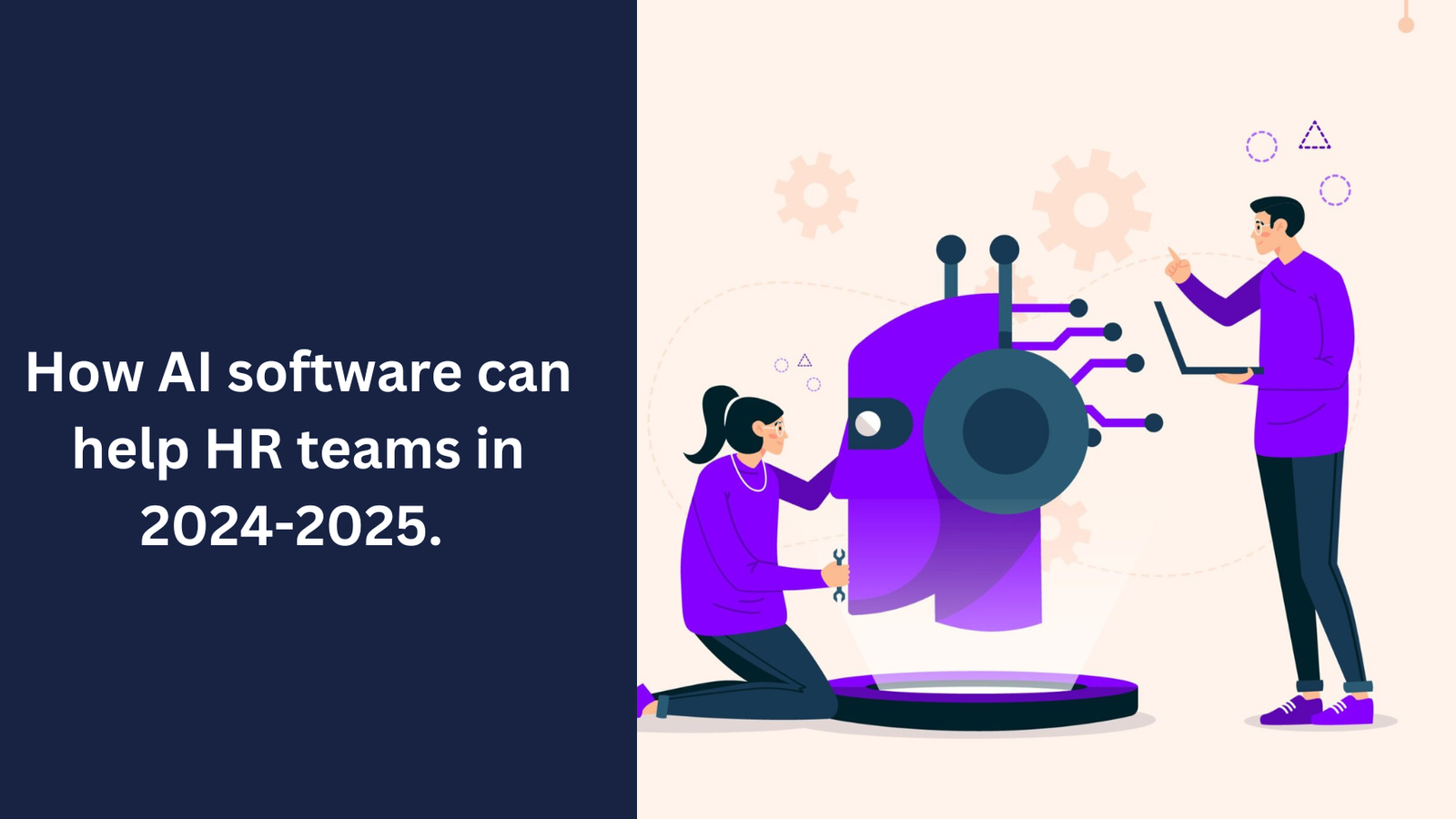
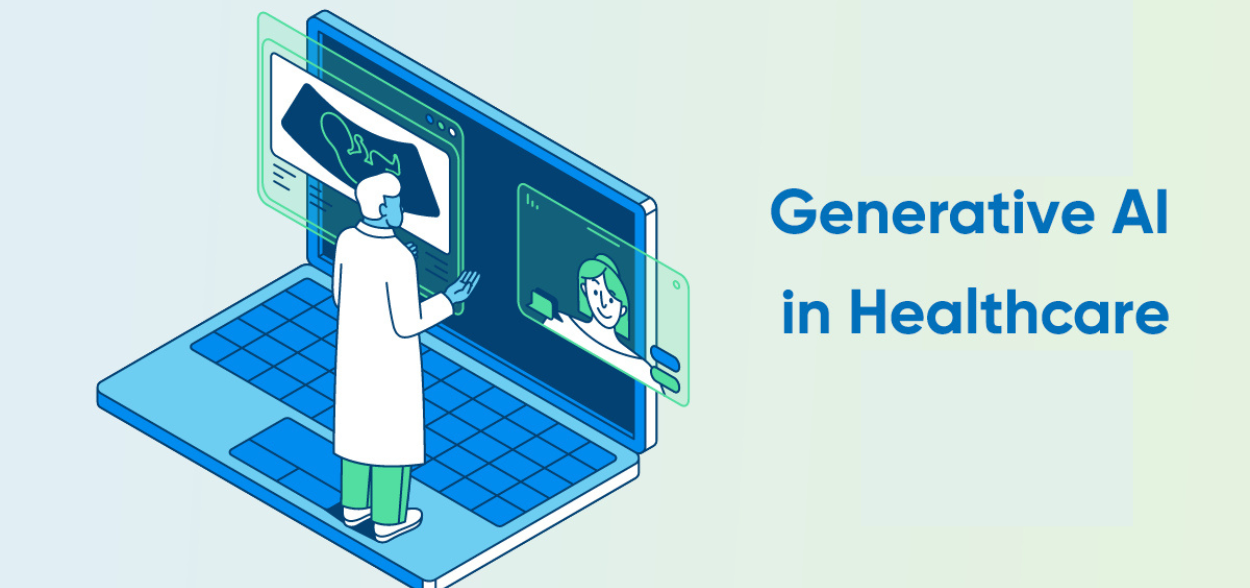
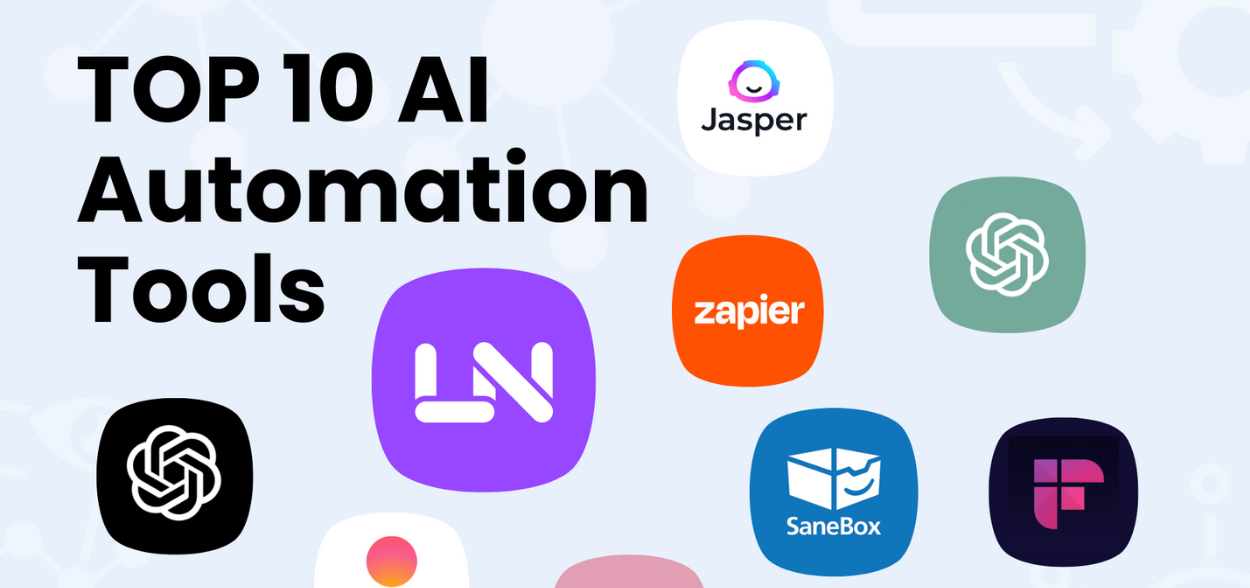


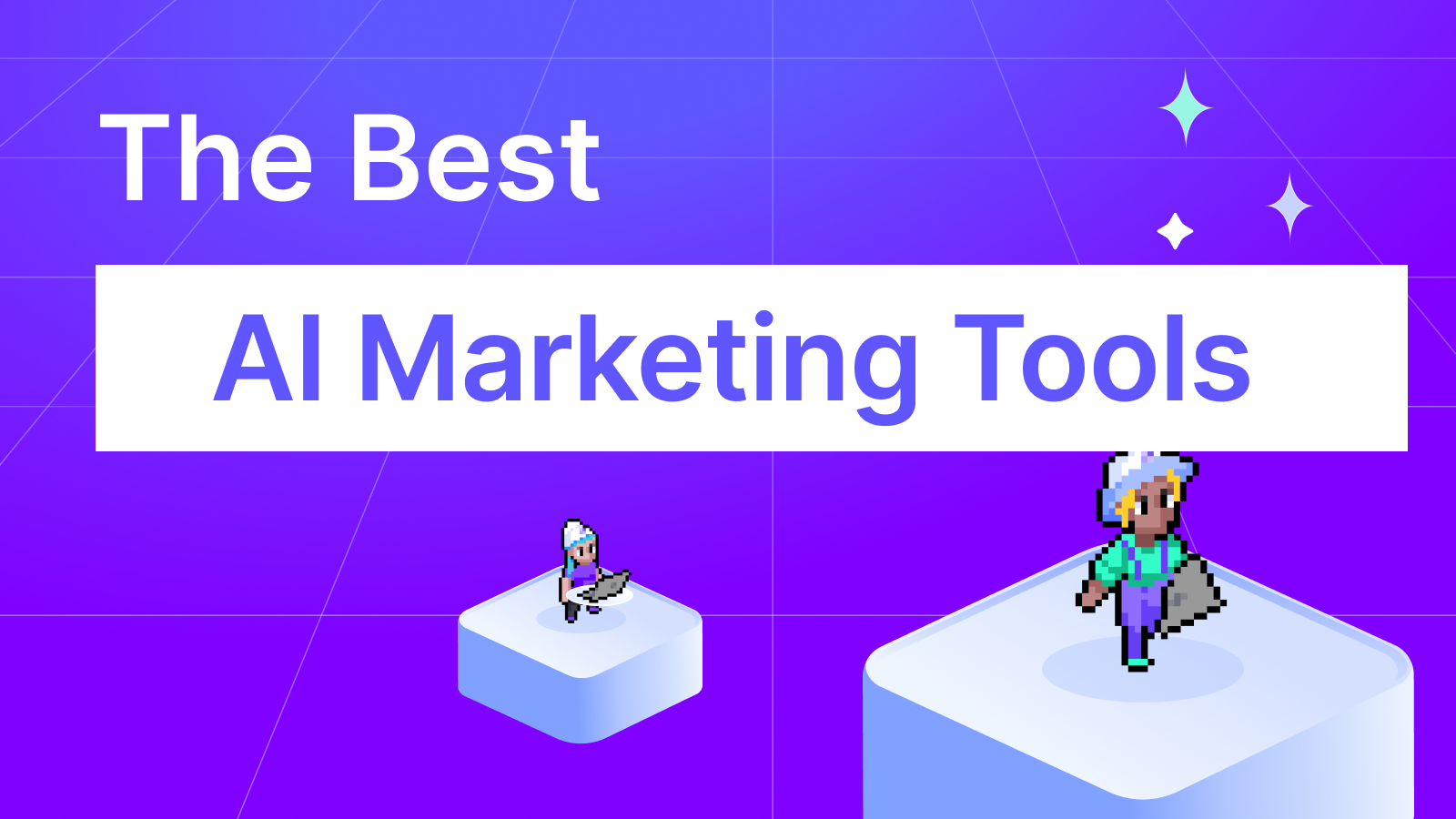
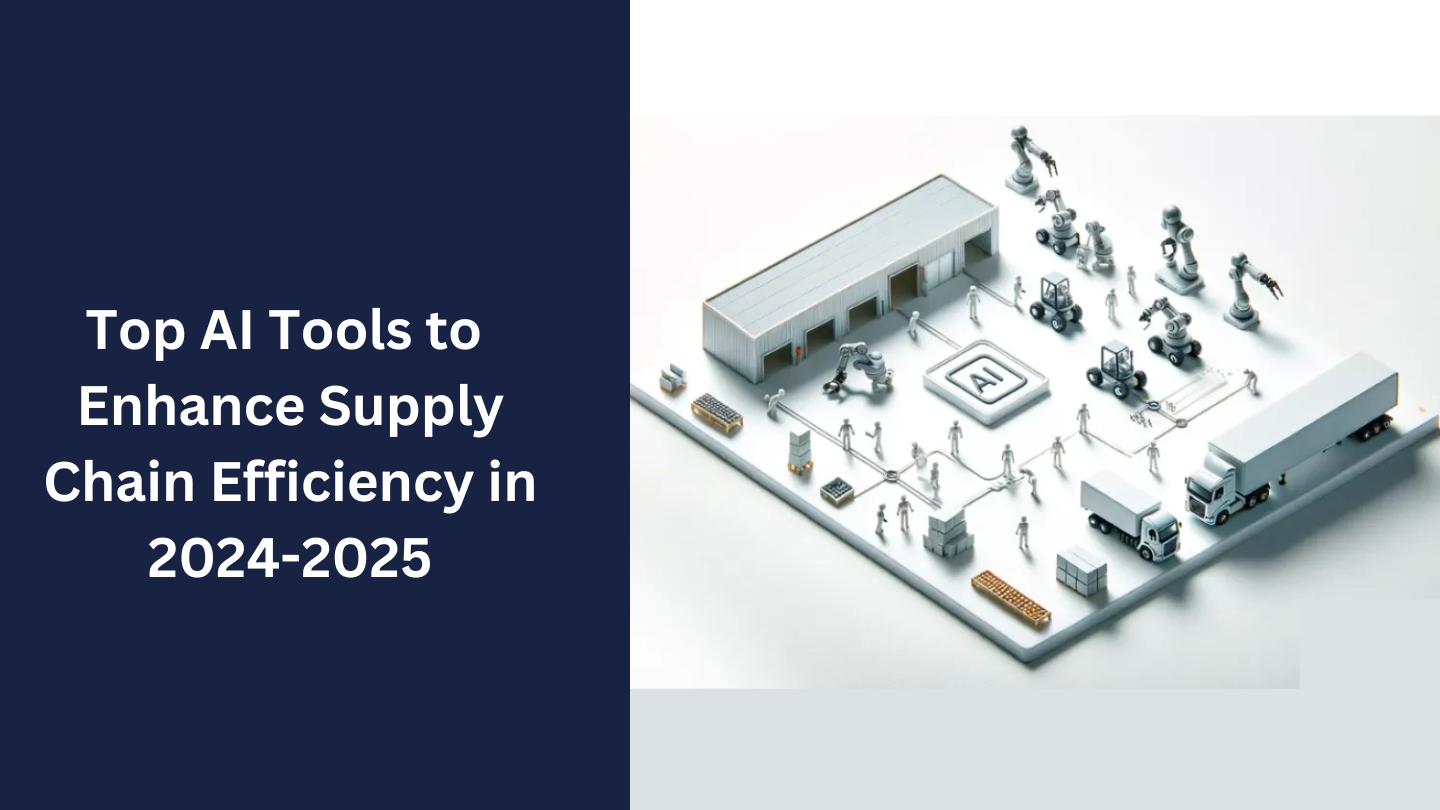


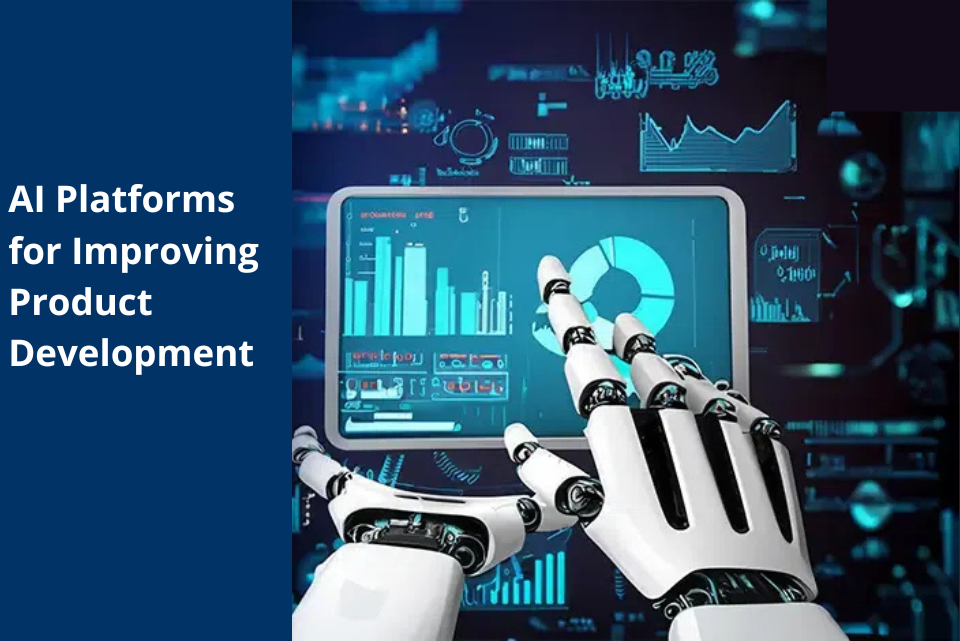
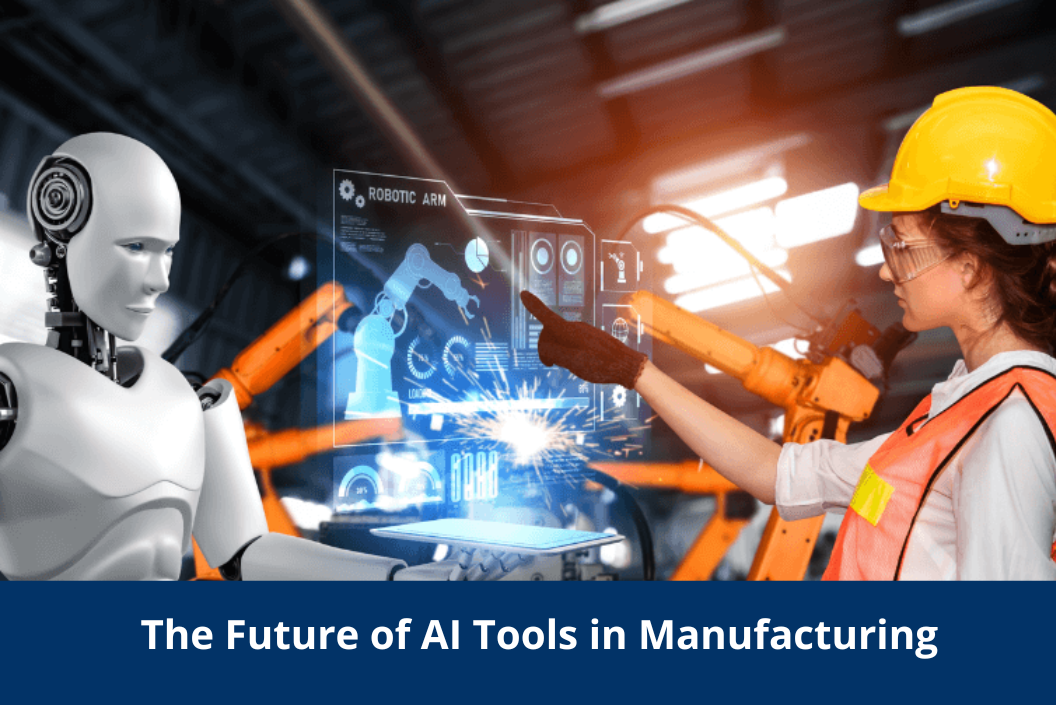
Pingback: Top AI Tools and Platforms for Businesses in 2024-2025
Pingback: Why Businesses Should Invest in AI-Powered Solutions (2024-2025)
Pingback: Top AI Platforms for Business Automation in 2024 & 2025